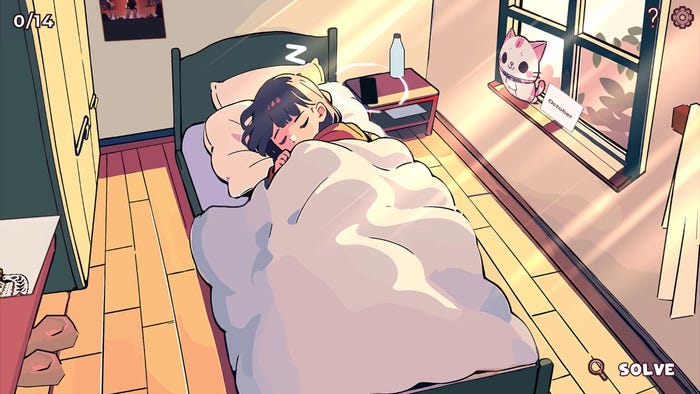How to Write Rules for Online Tournaments
This article is going to dive into writing game and match play rules for online tournaments. Every tournament has to have very specific and ironclad rule set for match play.

 This article is going to dive into writing game and match play rules for online tournaments. This article is not going to cover terms of service and/or rules of participation agreements. I am going to assume that the process is already finished when they signed up. The next step is to set up the rules to be more individualized for the tournament itself. Every tournament has to have very specific and ironclad rule set for match play. This protects your tournament from problems, deviations and interpretations. Allowing the participants to argue, because of your oversight, could take up valuable time. They may even be right. This is where your good intentions to provide the community something noteworthy with your valuable time can go off track.
This article is going to dive into writing game and match play rules for online tournaments. This article is not going to cover terms of service and/or rules of participation agreements. I am going to assume that the process is already finished when they signed up. The next step is to set up the rules to be more individualized for the tournament itself. Every tournament has to have very specific and ironclad rule set for match play. This protects your tournament from problems, deviations and interpretations. Allowing the participants to argue, because of your oversight, could take up valuable time. They may even be right. This is where your good intentions to provide the community something noteworthy with your valuable time can go off track.
Below are important sections and explanation of areas to add to your rules.
Conduct Rules
In the first rules of the tournament, it is important to stress good sportsmanship/conduct in the lobby and games. Remind them how much any bad conduct will not be tolerated towards anyone at anytime doing the tournament. This could be held against them. I rarely disqualified players or teams due to conduct but it has happened. The rule was made to be a reminder and a deterrent. Cheating will never be tolerated and mention any extra patches, anti cheat measures, or additional software necessary needed . I reminded them to take screen shots and players may be monitored at anytime through spectator modes. As a tournament host, you reserve the right to disqualify anyone at anytime for shady behavior.
Scheduling Rules
The next step in the rules process is to set up scheduling. The scheduling of rules should have the dates, times and the place. The tournament place should have detailed instructions where and how to get to the tournament location. I was always concerned with scheduling the first round matches because many users sign up and forget to show up. On the rules I listed a clear times with dates and I required all members of a team to be present for the tournament in some cases. This check-in process allowed me to see who is present. Then I was able to direct the teams or players to each other for the required bracket match. I always allowed 15 minutes for the team or player to show up to participate before they were counted out due to forfeiture. As a tournament host, the first round normally has the most forfeits in an open external community tournament. I covered the topic of open and closed tournaments in a previous article.
Match Play Rules
Under match play rules it is important to have any and all configurable settings set and posted. Even the obvious settings. The settings should cover the server hosting. For example. Be sure to write How the color, starting side of a map picked, and who is home team for matches. Figure out how the games will alternate if no neutral server is available. You should be writing the game mode, game type, team size, map rotations, scoring rules, and how a team wins a match. Will a match last best of 3 games on 3 maps or best of 5 on 3 different maps. Players and teams want a good chance to win a tournament. Provide a good set up rules for a big enough length where it feels rewarding to the winning and losing team. Matches shouldn't last forever but they should feel compelling.
Under the match rules, it is important to detail how you want the matches reported. I sometimes required them to report all the matches through a website and post in the chat lobby the scores.
(if applicable)
The report page also had details where to send all the screen shots of the matches.
This solves two purposes.
1 I was able to get an accurate representation of the match
2. I was able to gather screen shots to post for a tournament update.
Final World
It is important to spend a lot of time on the settings and attention to the details of the tournament. Make sure you understand the game completely, have a solid understanding of game mechanics and understand common match play scenarios. As tournament host should act like a conductor and go with the flow. It is very important to be patient and be prepared for the unexpected. Have a backup plan ready for potential issues. Tournaments should be fun. A good tournament experience will bring them to come back for more future tournaments.
A sample of rules can be found on the original post at www.mbhahn.com.
This article originated on my site at www.mbhahn.com.
Read more about:
BlogsAbout the Author(s)
You May Also Like








